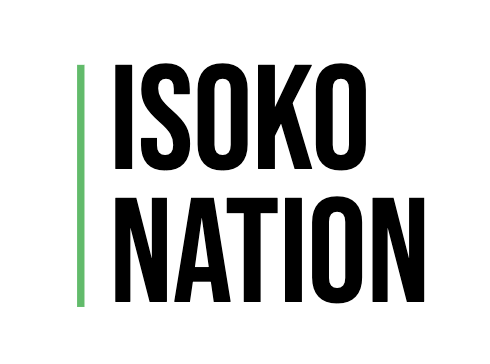The Isoko language, is a member of the Niger-Congo family of languages. It is primarily spoken by the Isoko people in Delta State, Nigeria, and is one of the significant dialects within the larger Edoid linguistic group.
Characteristics of the Isoko Language
- Language Family: Isoko is classified under the Niger-Congo language family, which is one of the largest language families in Africa. It shares similarities with other languages in the region, including Urhobo and Itsekiri.
- Dialects: There are some dialectal variations within Isoko, influenced by geographical and social factors. Despite these differences, speakers generally understand each other across dialects.
- Writing System: Isoko has a standardized orthography that utilizes the Latin alphabet, making it accessible for literacy programs and educational resources. Efforts are ongoing to develop comprehensive language materials to support Isoko literacy and education.
- Cultural Significance: The language plays a crucial role in the cultural identity of the Isoko people. It is used in traditional ceremonies, storytelling, music, and daily communication, serving as a vessel for the transmission of cultural values and history.
- Language Preservation Efforts: Various organizations and cultural groups are actively working to preserve and promote the Isoko language, especially as globalization and urbanization pose challenges to its usage among younger generations. Initiatives include language classes, cultural festivals, and the creation of learning materials.
- Influence of Religion: In recent years, the Isoko language has also found its way into religious contexts, particularly among Christian communities, where it is used in hymns, prayers, and church services, contributing to its continued relevance.
The Isoko language is a vital part of the cultural heritage of the Isoko people, and ongoing efforts to promote and preserve it are essential for maintaining the community’s identity and traditions.
